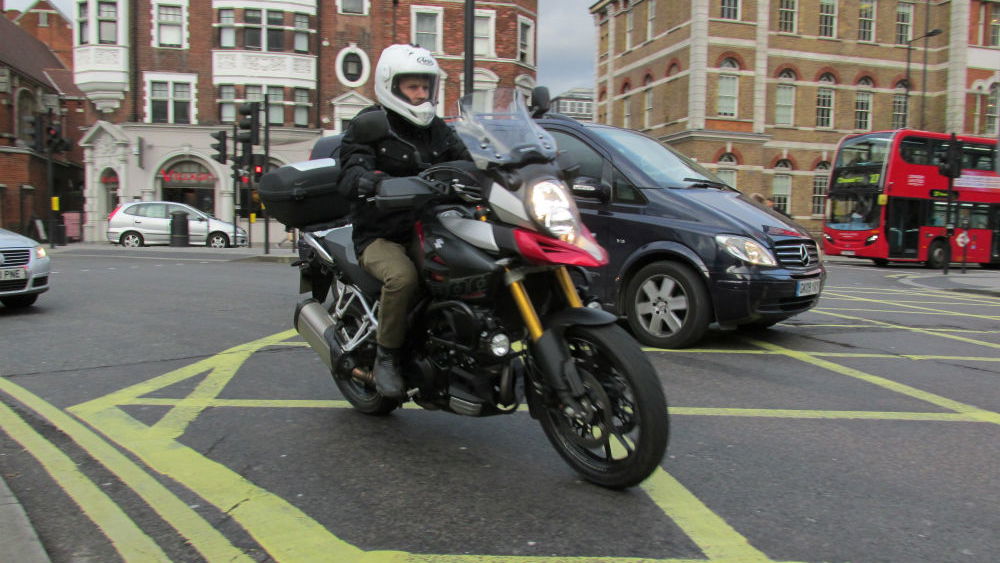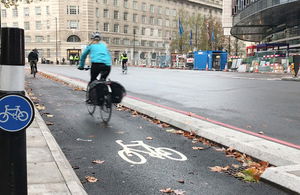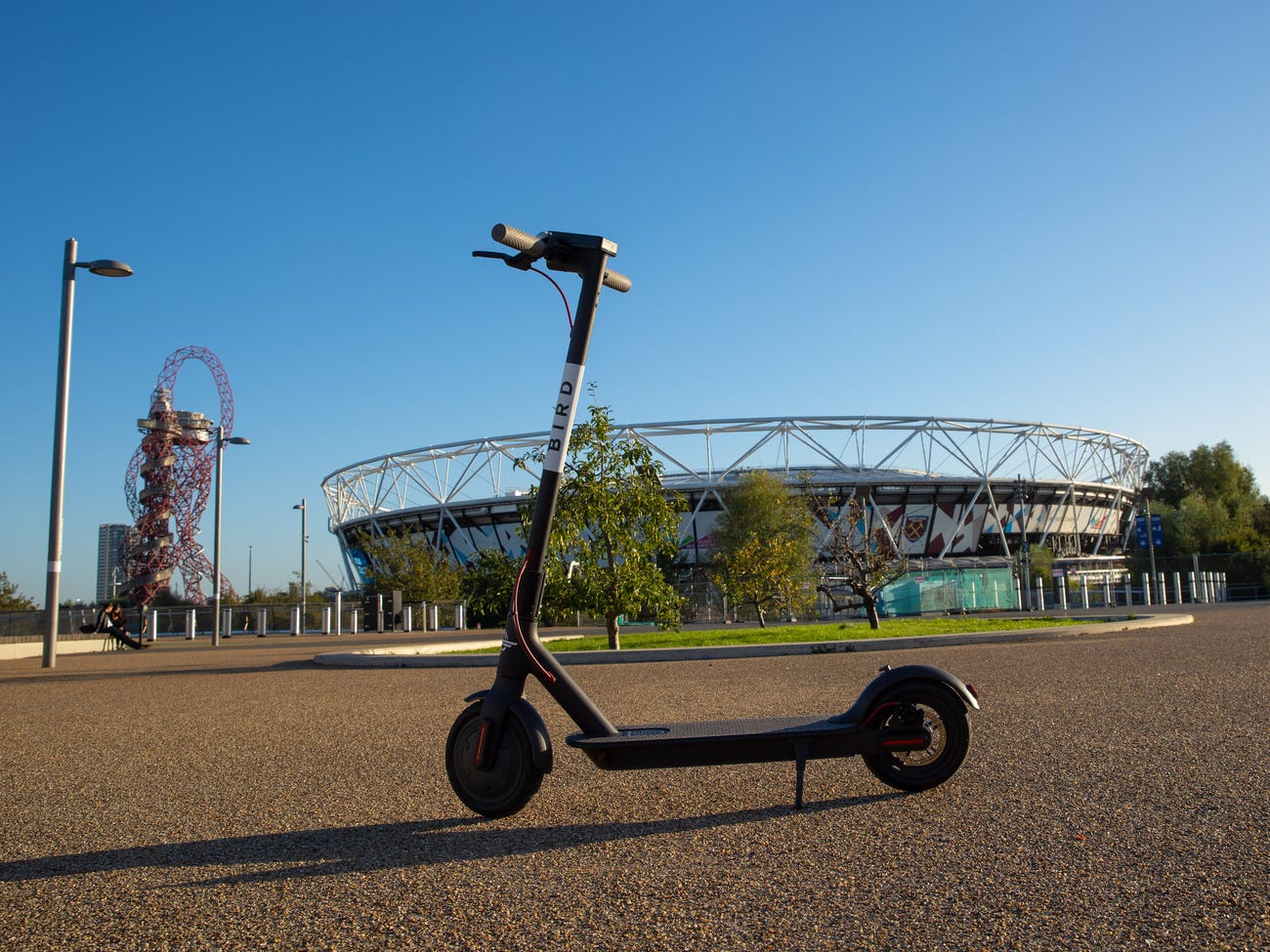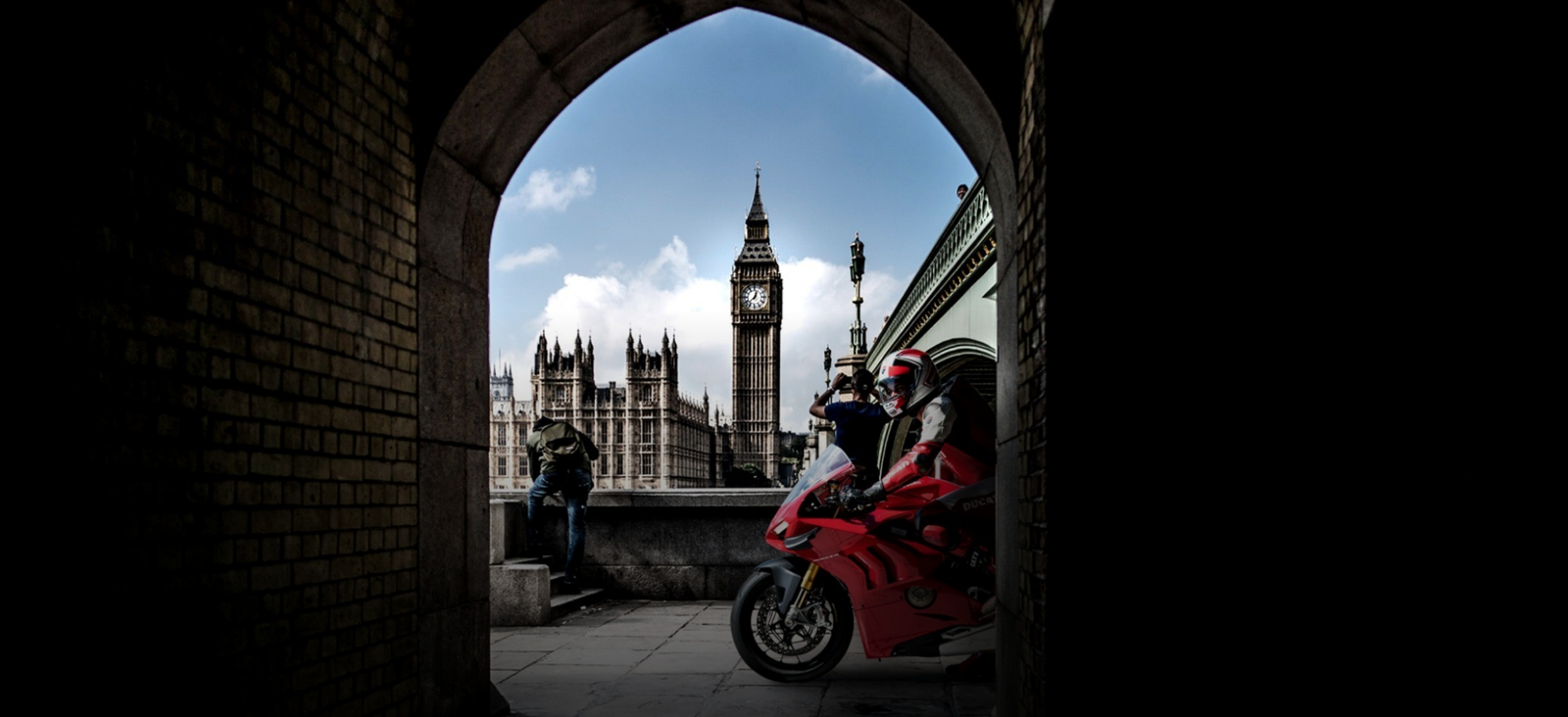New rule in the Highway Code will change the pecking order of Britain’s roads
Pedestrians and cyclists are due to be placed at the top of a re-ordered pecking order, as a new Highway Code hierarchy rule is on the cards.

BRITAIN’S roads are due to change, as pedestrians and cyclists are moved to the top of a re-ordered pecking order following a pending amendment to the Highway Code.
If approved in parliament once MPs return from their summer holidays, the new rule will look at protecting the most vulnerable road users by giving them the most right of way, with the new hierarchy reflecting how much potential danger a motorist will pose to other road users - placing the heaviest vehicles at the bottom with the most responsibility.

If passed, the new 'Rule H1' hierarchy on the Highway Code will be as follows:
- Pedestrians
- Cyclists
- Horse Riders
- Motorcyclists
- Cars/Taxis
- Vans/Minibuses
- Heavy Goods Vehicles/Large Passenger Vehicles
On the change, a statement from the Department for Transport reads: “Car drivers will be responsible for ensuring cyclists are safe, while cyclists will be responsible for looking out for pedestrians” adding that this “does not remove the need for all road users to behave responsibly.”

Also noted in the revised Highway Code is improving guidance on how much space road users must give cyclists when overtaking, and stresses that cyclists travelling straight ahead will have priority over other road users at junctions.
One point of contention is the current Rule 66 - referring to cyclists not riding two abreast - which will have to be cleared up if cyclists are given increased priority on the roads and on passing.
Motorcyclists will also be recognised as more vulnerable road users than cars.
Pedestrians do currently have the priority when at a junction if they have started to cross, as per Rule 170, but this re-shuffling would see pedestrians have more protection on pavements and when waiting to cross a road (or crossing at any place).

This is seemingly a much more European approach, where motorists will need to look out for pedestrians at all times, and cede their progress in favour of someone above them in the hierarchy.
On getting a potential change to the Highway Code communicated to current road users, Transport planner Mark Strong says “We know most drivers don’t read the Highway Code after they pass their tests. Unless the government sends information to all driving license holders and carries out a national PR campaign to reach other people, it is unlikely that there will be the desired effect.”
To reiterate, this rule is not in place just yet, it will need to be approved by Parliament first - but it seems likely that this will come into force, particularly shaping the future of ramifications when a pedestrian or cyclist is involved in a collision with a vehicle.
Source: Forbes

